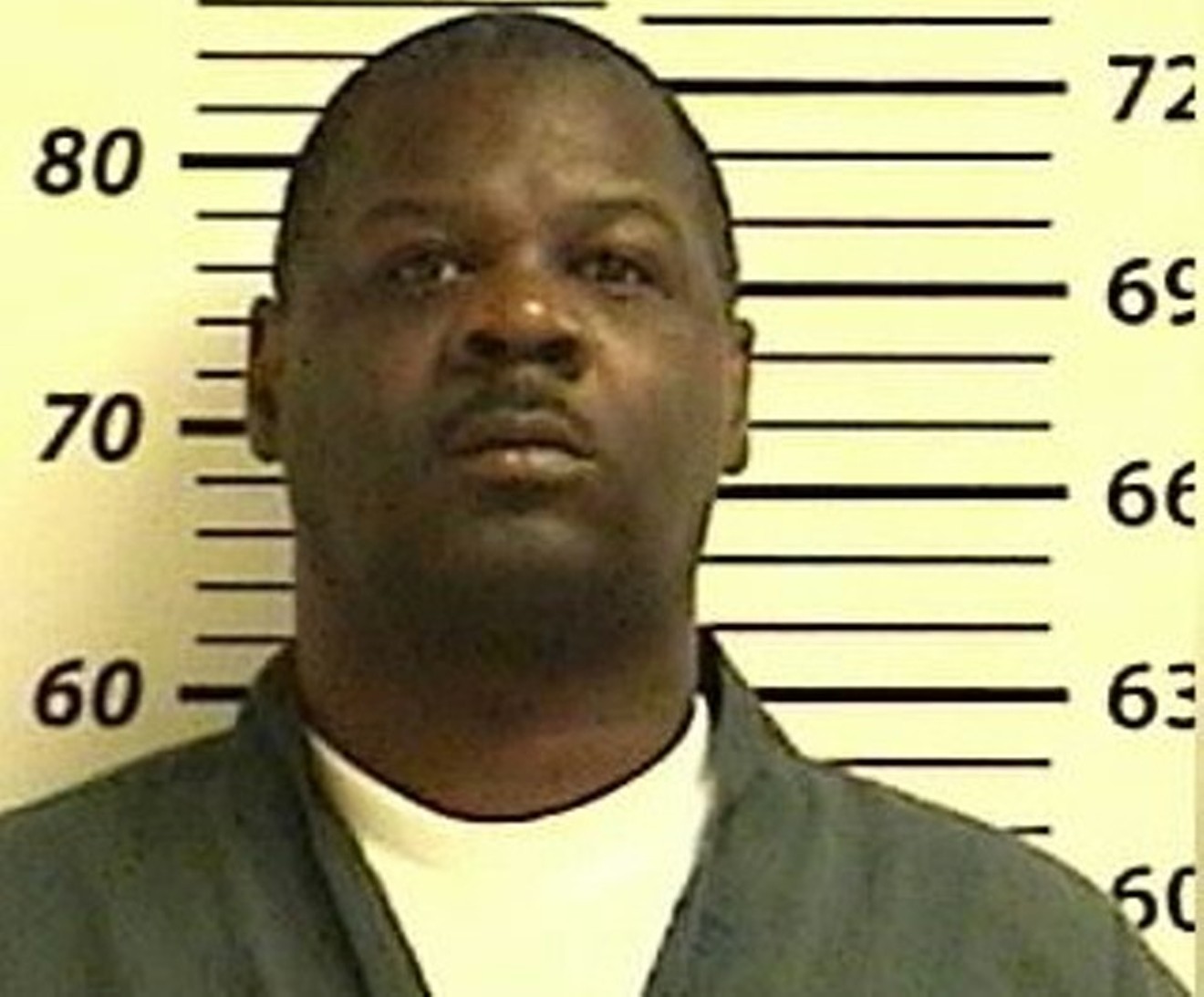The witness's troubled psychiatric history was never disclosed at the 2010 trial of Tony Blue, and both defense and prosecution teams were evidently not aware of it at the time. "This is such a rare case," says David Fisher, one of Blue's post-conviction attorneys. "Prosecutors usually don't use damaged witnesses without telling the defense about it. If they knew this information, they would have to turn it over."
Blue was charged with two counts of aggravated robbery after John Farkas, a Vietnam veteran, and his godson Stephen Johnson accused Blue of taking $9,000 from them at gunpoint in an apartment complex parking lot. Farkas initially told police he had brought the cash to buy a used car for Johnson from Blue, a man whom Johnson had only recently met.
But the case soon proved to be a very murky one. Farkas's story changed in several significant details during the course of the investigation. For example, it turned out that the car was being purchased for Johnson's father, a parolee named Stephen Outler who'd known Blue for many years. Blue was about to be evicted from his apartment and supposedly desperate for cash, but he insisted that it didn't make sense that he would rob someone who knew his identity and could easily have him arrested. Defense attorneys theorized that the robbery was a fiction designed to account for the disappearance of Farkas's money or possibly to settle a score with Blue.

Defense attorney David Fisher says it's rare for prosecutors to "use damaged witnesses" without disclosing their history.
Anthony Camera
"Shame on Mr. Farkas," he said. "Shame on them who fabricated this story from day one."
In the course of challenging the conviction, Blue's appeals attorneys came across some overlooked documents. It turned out that Farkas had been prosecuted for theft by the same district attorney's office in 1989 for allegedly stealing close to $100,000 from a Colorado Springs Veterans of Foreign Wars Post. The case dragged on for years while various doctors attested that Farkas, who'd endured coronary bypass surgeries, diabetes, lupus, and other afflictions, was also battling memory and cognitive problems that made him unfit for prosecution. In 1995 the DA's office dismissed all counts against Farkas, having determined that he was incompetent to proceed to trial.
A few weeks ago El Paso County District Judge Robin Chittum ruled that Blue had received ineffective assistance of counsel in the robbery case and deserved a new trial. Defense attorneys had also made claims of prosecutorial misconduct in the case, but Chittum didn't agree.
"She refused to say it was the prosecutor's fault for not disclosing this," Fisher says. Blue's prosecutors did know that the case against Farkas was dismissed, but hadn't inquired as to the reasons, he adds: "All they had to do was go on a website and look at the case. With a couple of clicks of a button, they would have found all this crazy stuff. The prosecutor's attitude was, 'I wouldn't typically look this up.' My view is that 's completely the wrong way to go about achieving justice."
Farkas passed away in 2015. The prosecution could once again present his video deposition if they choose to retry Blue, but Fisher anticipates that he would be allowed to tell the jury about Farkas's previous prosecution as well. The 4th Judicial District Attorney's Office has not indicated whether it will appeal Chittum's ruling or dismiss the case, and has not yet responded to a request for comment.












